These are two recommendations from a 10-point action plan for Government published today by the Civil Engineering Contractors Association, which calls for a further uplift in infrastructure spending.
The trade body commissioned an influential research firm to compile the business case for a sustained investment drive to boost the UK economy.
It calls on the Government to raise infrastructure spending to 1% of GDP or about £16bn a year for the next five years.
The figure is not far behind present spending levels, which in the last few years have peaked at around £13bn a year, thanks to Crossrail, the Olympics and rail and utility spending.
But the civils industry is fearful that spending will drop to damaging levels again once the economy recovers.
Analysts at the Centre for Economic and Business Research said the UK’s GDP could be up to 5% higher if our infrastructure matched that of our overseas competitors.
The report, Securing Our Economy: The Case For Infrastructure, found that for every 1,000 jobs directly created in infrastructure construction, employment as a whole rises by 3,050 jobs
Every £1bn of infrastructure construction increases overall economic activity by £2.8bn.
Daniel Solomon, Cebr economist and author of the report, said: “The UK has paid a high price for having infrastructure which has fallen short of our competitors.”
“We estimate GDP might have been about 5% higher over the past decade if the UK’s infrastructure quality had been in line with countries like Switzerland and the
Netherlands.”
“This research has shown that improving UK infrastructure quality could help us to catch up with some of the world’s most competitive countries, giving UK businesses the connectivity they need to add real value to the economy.”
“If UK infrastructure were raised to the quality standard achieved by our international competitors, we estimate that this could add roughly £100bn to annual GDP by the mid-2020s.”
CECA 10-point plan government
1. Set a formal threshold for new infrastructure construction activity that does not fall below 0.8% of GDP.
2. Raise infrastructure construction activity to over 1% of GDP for next five years, to stimulate growth and close gap with competitor nations.
3. Create an independent body to analyse strategic challenges facing the UK, and set out infrastructure role in tackling them.
4. Promote prudent borrowing for councils to tackle highways maintenance backlog through a one-off national programme that cuts the long-term cost of maintaining the network.
5. Commit to a clear, long-term energy policy that provides certainty for private sector investment.
6. Develop a preparation pool of infrastructure projects that can be rapidly delivered, following the Scottish Government model.
7. Expand the reduced ‘project rate’ of the Public Works Loan Board from one to three projects per Local Enterprise Partnerships in England, and implement by November.
8. Industry to work with Government to overcome non-financial barriers that block construction of local infrastructure projects.
9. Develop a new model for the ownership and management of the strategic roads network, focussing on providing long-term certainty over the investment required.
10. Early commitment to start work on Crossrail 2, having completed the existing Tube upgrade programme, addressing the long term transport capacity issues in London.
CECA director of external affairs Alasdair Reisner said: “It is not acceptable to pass our infrastructure deficit on to the next generation.
“We must act now to address this problem, ensuring that construction activity aimed at improving our transport and utility networks never again falls below the 0.8% of GDP threshold at which serious detrimental impacts are felt by the economy.
“Given the gap that has opened up, which costs the UK £78bn each year, we believe this threshold should be raised to 1% over the next five years to claw back this deficit and improve the UK’s standing against our international competitors.”
























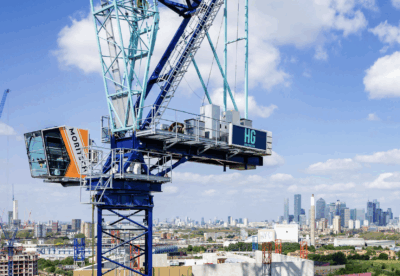




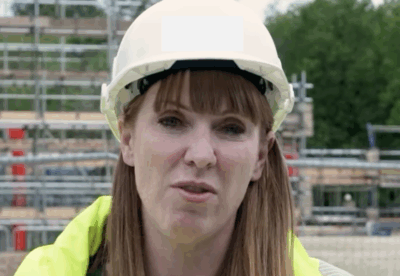






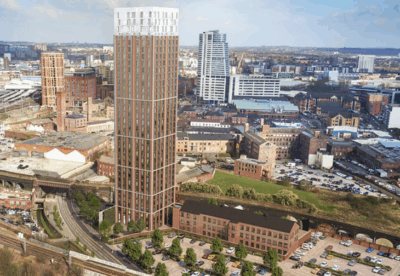



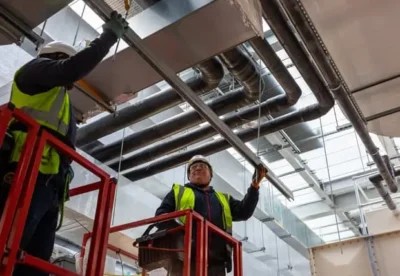


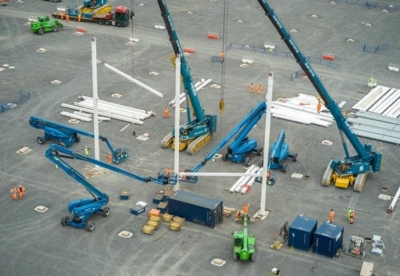











 (300 x 250 px) (2).png)
